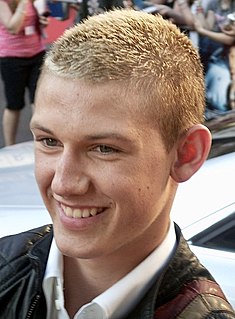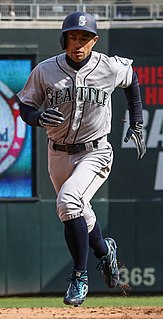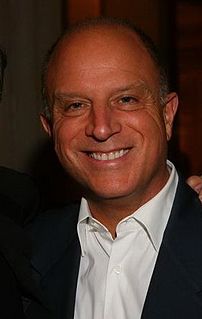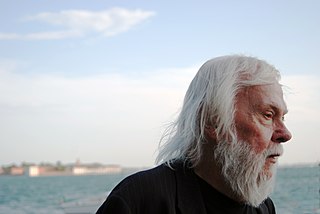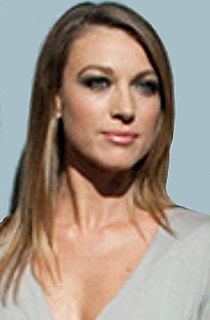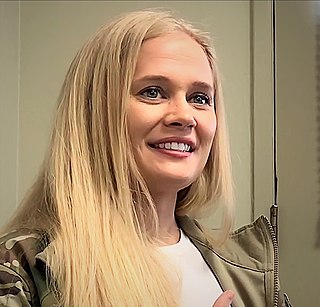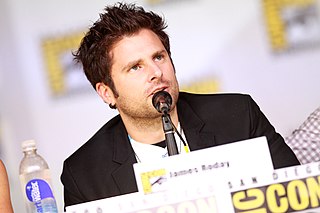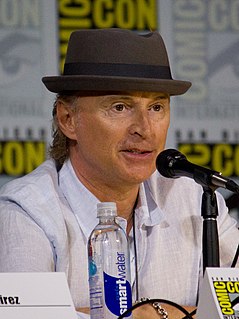A Quote by Denis Leary
Everything you look at now, the scripts that come in that you look at, the television scripts are way better than the movie script. The talent is going to television.
Related Quotes
Michael Bay and his team are experts in exciting tentpole-type film and television, and the combination of their film experience plus the great television writers that have come on will be really successful in bringing us something really unique. We are looking to put on these big canvas shows, and Black Sails is going to fit into that. The scripts have been terrific. Everything that we are trying to do is incredibly ambitious, and this is certainly in that category.
The idea was to take fine art and put it into the location of the movie scripts. The script itself is collage - some of the lines come from actual movies and I've written others to make the text work with the found image. In this way, the details of old dead guys' paintings (from the collection of the Städel Museum in Frankfurt, where this work will be exhibited in relation to the historical paintings) become illustrations of the movie scripts. I found this mélange of high art and Hollywood amusing.
I think that's a great opportunity, to pick a script where you can build up a good skill. I think the main thing I look for when I look at scripts is if it's inspirational. If it's something that teenagers can relate to. And is it something that the audience is going to get something out of. If not, then it's really not worth doing.
When he came to television, there was no way I wasn't going to watch. Of course, he delivered everything that you would expect David Lynch to deliver, and more, and he was doing it in primetime network television. Even as a 14-year old, I wanted someone in the room with me that I could look over and say, 'Can you believe we're watching this?'
A lot of actors choose parts by the scripts, but I don't trust reading the scripts that much. I try to get some friends together and read a script aloud. Sometimes I read scripts and record them and play them back to see if there's a movie. It's very evocative; it's like a first cut because you hear 'She walked to the door,' and you visualize all these things. 'She opens the door' . . . because you read the stage directions, too.
The scripts for Marco Polo are absolutely, positively fantastic. The challenge of making that show in China has proved to be as formidable as we feared. It's not like making a movie in China where, once you load up and you leave, you're gone. We have to be able to come back and capture something that's going to feel like a major feature film, on a television budget, and do it, hopefully season after season, so we are taking more time than the producers thought.
When I started, the scripts weren't as good, and you'd have to have a huge burst of energy to go, "Sheesh, how am I going to? This stuff's no good." So you'd have to improvise something or create something or try to work with the ware and try to figure out, how do you make this visually and orally acceptable, entertaining? Nowadays, the scripts are just so much better, that you don't have to feel that way. You feel like the script's coming to you, you can just relax. You don't have to drive the boat.



